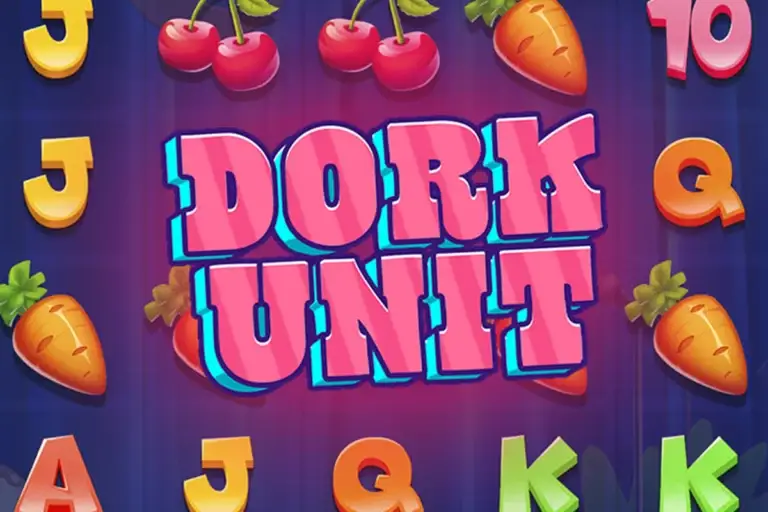Any professional assessment shows that tactics and strategies in online casinos inevitably rely on mathematical principles. Regularity distinguishes spontaneous play from a systematic approach. The use of mathematical models allows minimizing risks and extending the game distance by controlling the pace of bets and the variability of decisions.
For example, the calculated value of RTP (Return to Player) in slots determines the mathematical expectation of funds return. If a provider indicates 96.7%, it means that over a distance of 1,000,000 bets, a player will return around 967,000 hypothetical units. However, short gaming sessions do not guarantee compliance with these figures, so strategies considering RTP are used for long and disciplined play. In roulette, especially European, with a single zero, the casino advantage is 2.7%. This parameter becomes the foundation of strategies that combine the probability of a sector’s outcome, the number of repetitions, and progressive betting. Here, it is not intuition that works, but precise calculation.
Variance, Volatility, and Bankroll Management
When choosing a slot or table game, it is important to consider volatility and variance. These parameters determine the frequency and size of winnings. High volatility results in rare but large wins, while low volatility leads to frequent but small wins. Players aiming for a stable process often choose low-volatility games with predictable returns.
Professional tactics and strategies in online casinos are built on bankroll management. Each session starts with establishing clear limits—not only on the total amount but also on the size of a single bet. For example, with a budget of 10,000 rubles, the investment is limited to 1–2% of the bankroll, which is 100–200 rubles. This creates a buffer for playing over the long term and reduces the impact of momentary setbacks. Distribution models are also often applied—fixed betting, exponential, fractional (using the Kelly criterion), or stepwise. All of them control the pace of bankroll expenditure, limiting the influence of emotions.
Tactics and Strategies in Online Casinos for Card Games: Blackjack and Baccarat
Among table games, card games have the highest number of effective strategies. In blackjack, the basic method is based on decision tables. Players memorize when it’s best to hit, stand, or double down based on their hand values. For example, with 16 points against the dealer’s 10, professionals prefer to take a card, despite the high risk of busting. This decision is mathematically justified. Advanced players use card counting. Systems like Hi-Lo, KO, and Omega II allow tracking the ratio of high and low cards in the deck. When high cards predominate, the bet is increased, giving the player a mathematical edge over the casino.
In baccarat, betting on the banker’s hand is strategically advantageous. The probability of winning is around 45.86%, compared to 44.62% for the player. Even with a 5% commission on the banker’s winnings, the mathematical expectation remains at an acceptable level. Experienced participants avoid betting on a tie—despite the high 8:1 odds, the probability of a tie is around 9.5%.
Betting Models: From Martingale to Fibonacci
Tactics and strategies in online casinos include numerical betting models, especially in roulette and other games with binary choices. The classic Martingale system—doubling the bet after each loss—is aimed at compensating for losses with the first win. However, the bet escalation occurs exponentially, requiring a huge bankroll and quickly reaching table limits.
Modified versions, such as Fibonacci, are based on number sequences: 1, 1, 2, 3, 5, 8, and so on. After a loss, the bet increases in a sequence, and after a win, it regresses two steps back. This model reduces the bankroll strain and allows for longer resource preservation. In roulette, flat tactics are often used—the bet remains constant regardless of the outcome. They are effective in long sessions, especially when analyzing previous outcomes.
Slots and Bonus Tactics and Strategies in Online Casinos: When Mechanics Dictate the Rhythm
In slot machines, tactics and strategies in online casinos take the form of analyzing game characteristics: slot mechanics, RTP, the presence of bonuses, and volatility. Modern machines use RNGs (random number generators), making it impossible to predict the outcome based on previous spins.
Players use strategies based on bonus purchases, free spins, and operator’s welcome bonuses. For instance, if a high-volatility slot (like Dead or Alive II) offers a bonus feature for a fixed amount, a player can calculate the ratio of potential winnings to the entry cost. Optimal chances are achieved when using bonuses with low wagering requirements and high potential payouts. Some professional players keep statistics on slots, assessing the bonus trigger frequency and average win. This creates their own efficiency rating, especially when choosing a slot for real-money sessions.
Six practical strategies with examples of application:
-
Basic blackjack strategy. Uses decision tables. Suitable for playing classic versions from operators like Evolution and Pragmatic Play.
-
Martingale in roulette. Works on even/odd, red/black bets. Used on tables with limits from 1 to 1,000.
-
Fibonacci in roulette. Suitable for long sessions without aggressive bet escalation. Implemented on platforms like Betway and Mr Green.
-
Buying bonuses in slots. Applied in machines from Nolimit City or Hacksaw Gaming. The goal is to quickly activate a bonus and hit a big win.
-
Kelly Criterion bankroll management. Ideal for playing with predictable odds and controlled risk. The bet size calculation is based on a formula.
-
Betting on the banker in baccarat. Used in live games from Playtech and Ezugi. Priority is given to stability and minimizing commissions.
Emotions and Limits: Control as a Tool for Success
No tactics and strategies in online casinos work without discipline. The psychological aspect plays a crucial role. Professional players set strict limits on losses, session time, and the number of repetitions. To increase awareness, periodic breaks from the game, session planning, and keeping a betting journal are applied. Taking a 15-minute break reduces the influence of emotions and allows evaluating the current result without adrenaline pressure. Additionally, the choice of a licensed operator becomes a significant factor. Transparency, payout stability, verification adequacy, and support availability create the foundation for successful gaming.
Conclusion
Tactics and strategies in online casinos do not turn the game into a profit-seeking mathematical machine. They create a system where players can control the process, avoid critical mistakes, and make the most of each gaming session. A rational approach, discipline, and analysis replace superstitions, transforming gambling into a managed form of entertainment with predictable outcomes.



